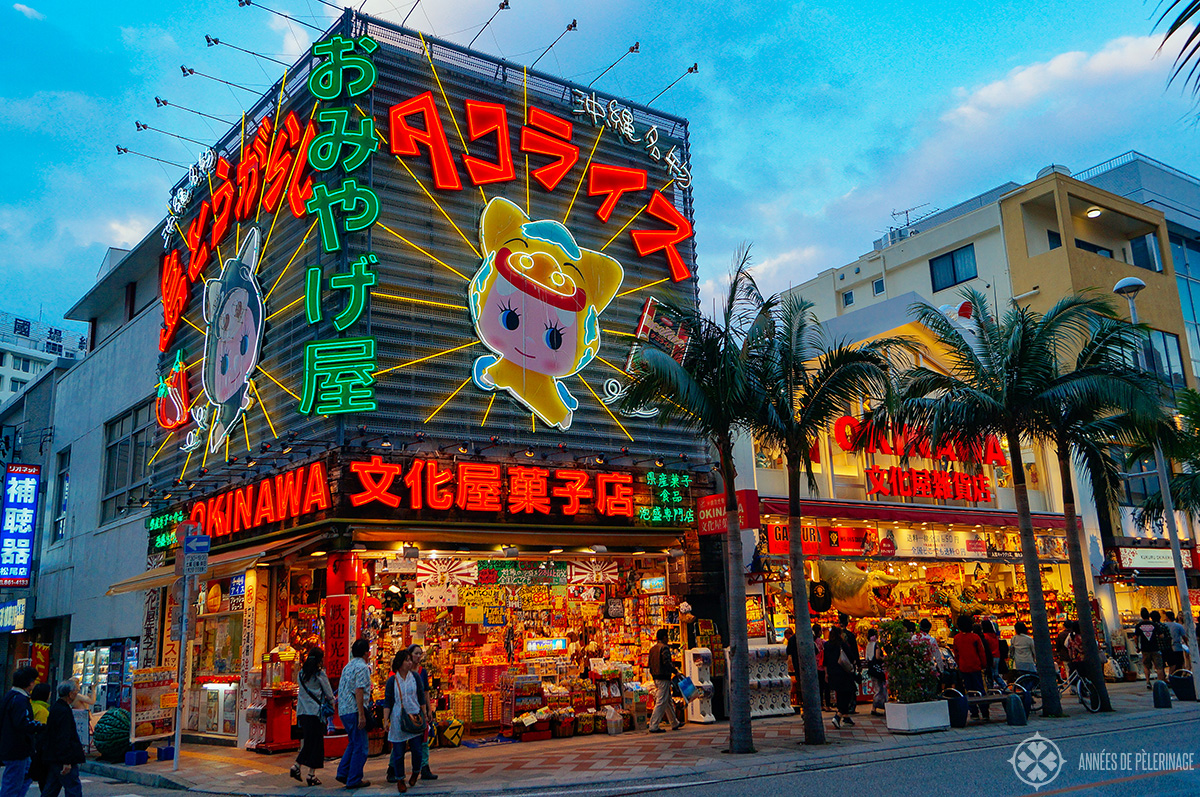

“However,” he continued, “if you’re sitting on a beach in Okinawa - and I’ve talked to literally hundreds of veterans - not one, not one has ever regretted us dropping either bomb. We used this bomb, a lot of people died, and you can never escape that. “By any moralistic concept the bomb is a bad thing. “Let me make something clear: The bomb was bad,” he said. That last factor is not a justification for Truman’s decision to drop the bomb, Goldstein quickly emphasized. We’re not sure how close they were to developing it but if they had it, they would definitely have used it,” Goldstein said.

“When Truman, who was kept out of the loop as vice president by Roosevelt, becomes president he’s getting all these reports: There’s a puppet in Germany, there’s a puppet in Hungary, in Rumania, in Bulgaria.

We didn’t understand, although Churchill did, that the Russians were fighting the war with Hitler for territory in Europe,” he said. “We really miscalculated about the Russians. Meanwhile, Goldstein said, President Harry Truman belatedly had come to the realization that despite their common enemies of Germany and Japan, Russia was not a U.S. “The word came back, there was no deal,” said Goldstein, author of 25 books, who holds joint appointments with Asian studies and Eastern European studies programs in the University Center for International Studies, as well as membership at the Matthew B. He added that without the bombs, more people would have died - both Japanese and Americans - and that the outcome of the war, from which Japan has emerged as a world economic power, would have been altered severely due to the extension of Russia’s sphere of influence.Īccording to Goldstein, the Japanese were negotiating with the Russians in the spring of 1945 for an end to the war, but Japan had three terms of surrender on the table that were rejected by Russia: To keep the emperor in power to keep all of their colonies, and to try their military leaders themselves. While Goldstein concedes that evidence that Stalin was planning an invasion of the Japanese mainland confirms what was long suspected, he believes that the dropping of atomic bombs was the primary reason for ending the war. Goldstein, a professor in the Graduate School of Public and International Affairs, disagrees strongly. decision to drop the bombs.įor example, in his recent book, “Racing the Enemy: Stalin, Truman and the Surrender of Japan,” Tsuyoshi Hasegawa, a history professor at the University of California-Santa Barbara, suggests that the Soviet invasion of Manchuria and the impending threat of occupation of the Japanese mainland were more significant than the atomic bombs in ending the war.īut Pitt’s resident expert on World War II, Donald M. New evidence, however, gleaned from de-classified Soviet documents, has led some historians to re-evaluate the U.S. The unconditional surrender of the Japanese government followed within 10 days after the atom bombs were unleashed on Hiroshima and Nagasaki, which most historians have accepted as the war’s last straw. Last August, the country marked the 60th anniversary of the war’s end on Aug.
/https://www.thestar.com/content/dam/thestar/news/world/asia/2019/12/25/time-and-cost-of-relocation-of-us-base-in-okinawa-to-double/TKSJ820-101_2018_052947.jpg)
7, was the 64th anniversary of the “day which will live in infamy” as the starting point of the United States involvement in World War II.


 0 kommentar(er)
0 kommentar(er)
